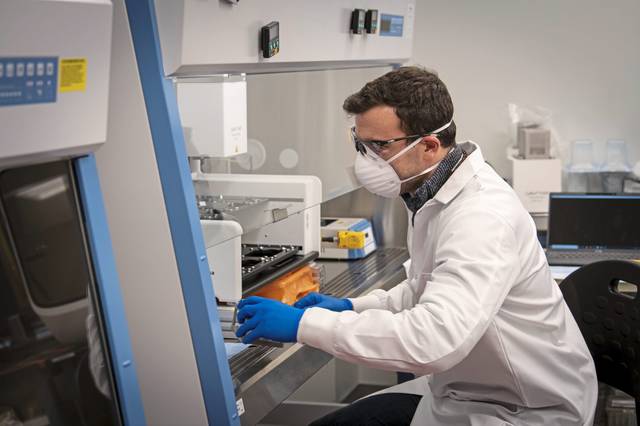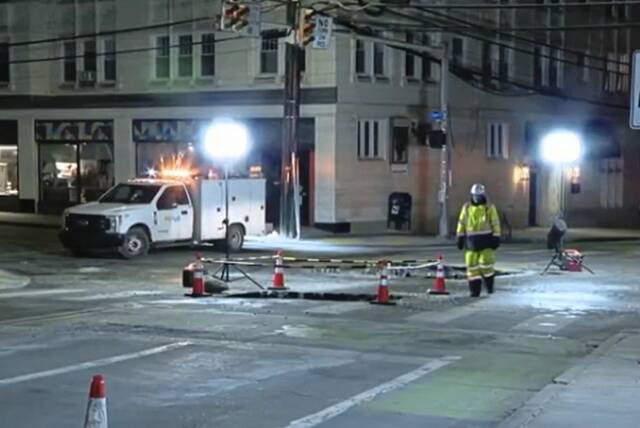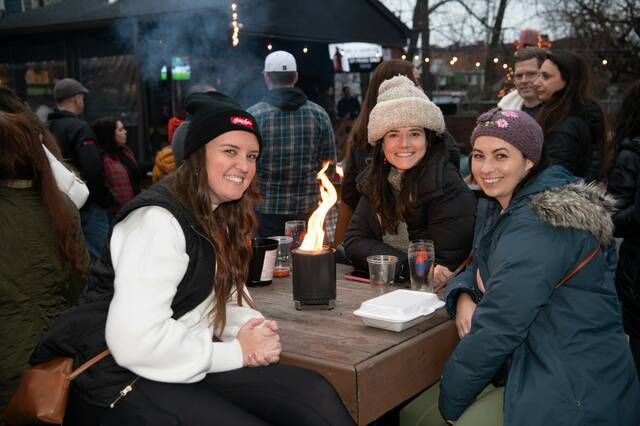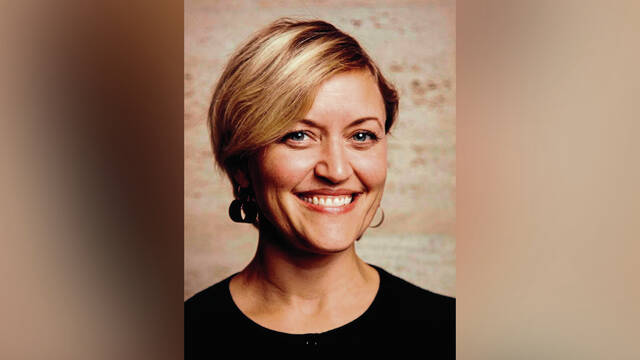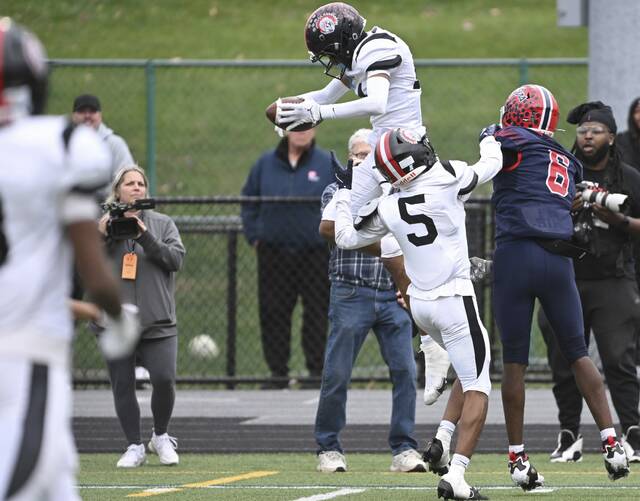Weekly covid-19 tests will be a reality this spring for students, faculty and staff at Carnegie Mellon University, as the Pittsburgh research school prepares to open a new testing lab.
The school offered tests to returning students as well as those who were traveling this fall and did some random testing throughout the year. That will change as students begin to filter back to Pittsburgh on Jan. 23 for the Feb. 1 start of the new semester.
“When we’re at full capacity, we expect to be able to do at least 10,000 tests a week and we expect to be at full capacity by the end of the month,” Michael McQuade, CMU vice president of research, said Wednesday as he unveiled photos of the new lab in a Zoom call.
CMU officials estimate the spring semester will see about 9,000 of the school’s 14,000-plus students living in and around Oakland.
While a number of large state flagship universities with medical schools opened testing labs last fall, CMU is among a much smaller, but growing number of private schools that have opted to go this route.
Dr. Christine Andrews, CMU’s chief medical officer, said the school relied on commercial testing labs for random tests on asymptomatic student last fall as well as those who were exhibiting symptoms of the virus.
“That worked fine most of the time. But when there was a surge, the turnaround time was so long it was not helpful. With our new lab, we expect to get it down to a 2-3 day turnaround time. Then if they’re positive, we can get them into quarantine right away and begin contact tracing,” she said.
While the majority of students at residential colleges and universities are among the cohort of those who are asymptomatic or exhibit only mild symptoms when infected with the covid-19 virus, living in close quarters and traveling on public transit makes it more likely that they may unknowingly spread the virus to others.
Andrews said CMU’s covid-19 mitigation efforts have kept infections among faculty, staff and students relatively low. The school has limited on campus housing to about 25% of its capacity, re-engineered airflow systems in buildings and adopted strict masking and social distancing requirements. It has also made provisions for many students to attend class remotely.
While increased testing should reduce the potential for outbreaks, Andrews said it won’t end the need for precautions.
“Getting tested just tells you where you are at the moment,” she said.
McQuade declined to say how much CMU has invested in the new lab and the cost of the tests, which the school will cover. He would confirm only that it represents a multi-million dollar investment.
“It’s a sizable investment. But it’s all part of our response,” he said.
While the new lab is located in the CMU’s facility in the Technology Park along Second Avenue, students, faculty and staff can register for tests and pick up vials to provide saliva samples at the University Center, then head to the campus main garage to provide samples which are then sent to the lab.
The school will be using a saliva test developed at Yale University.


